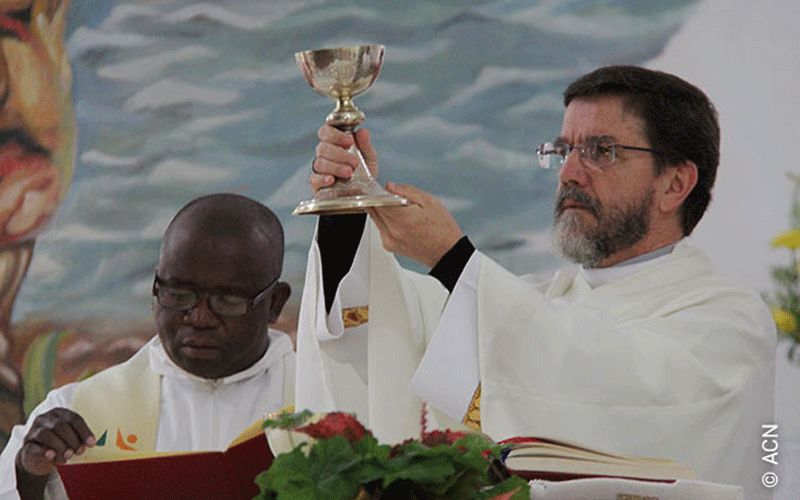Pemba, 03 April, 2020 / 2:01 am (ACI Africa).
A Bishop in Mozambique has condemned the recent jihadist attack and the actions of the attackers that occurred in the territory within his diocese, describing the episode as a tragedy, a real shame, and a disgrace to the citizens of the Southern African nation.
During the March 23 attack, the jihadists burned public buildings, released prisoners from the local prison, patrolled the streets freely and as a sign of their demonstration of strength, raised the black flag, identifying themselves as members of the Islamic jihadist groups, local sources testified.
“It is a tragedy. What is happening in Mozambique is a disgrace. It is a real shame that our people should be humiliated in this way,” the Bishop of Pemba diocese, Luiz Fernando Lisboa told Aid to the Church in Need (ACN) International in an interview.
The Bishop was reacting to the March 23 incident when armed jihadists attacked and took control of the port of Mocímboa da Praia, a town of around 20,000 inhabitants within the province of Cabo Delgado, in the north of Mozambique.
This was the first attack on a major town in the country, with previous attacks having been confined to rural areas within the province, a change in approach that has seen security experts warn that jihadists could be preparing to take control of the resource-rich but troubled region.








